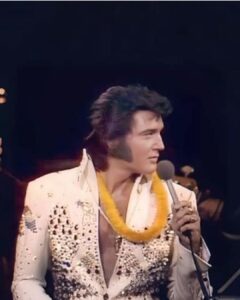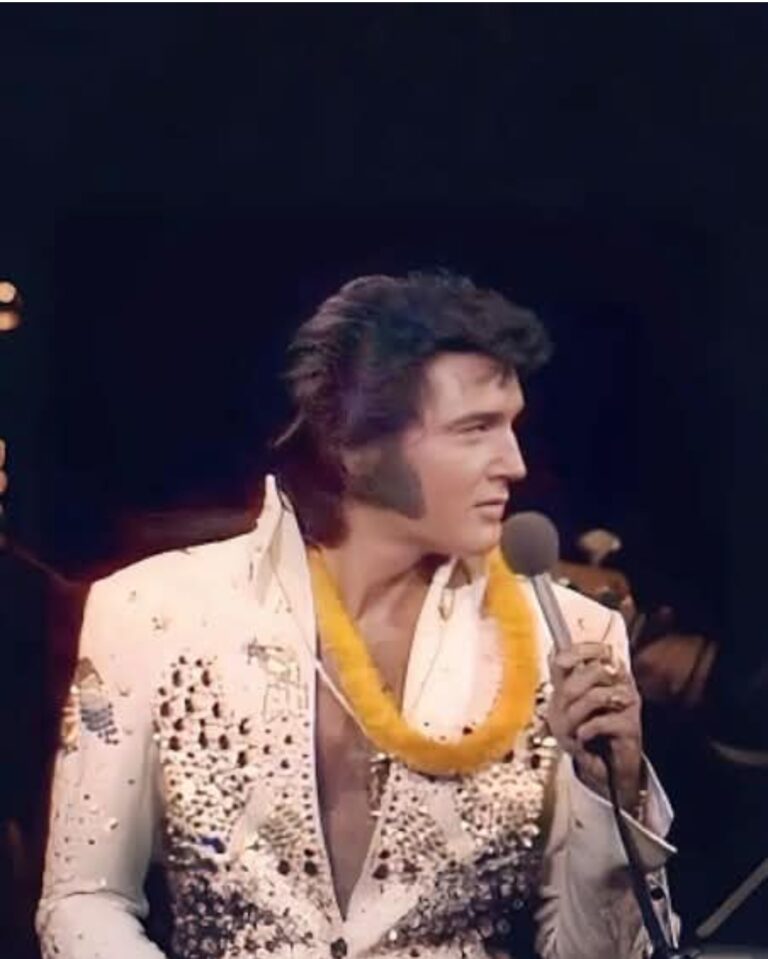Elvis Presley’s voice was a unique instrument that defied categorization. Music professor Gregory Sandow described him as a “lyric baritone” with exceptional high notes and rich low ones, but what truly set him apart was the center of gravity in his voice. According to Sandow, Elvis’s voice blended the qualities of a tenor, baritone, and bass, making it one of the most unusual voices he’d ever heard.
What made Elvis’s singing truly unforgettable, however, was the emotion, intimacy, and quiet power in his tone. He had the ability to convey heartbreak and raw power, drawing listeners into his music. When Elvis sang, he didn’t just perform the lyrics; he lived them, infusing his music with authenticity and feeling.
Elvis’s voice continues to captivate audiences decades after his passing, and his legacy extends far beyond his technical skill as a singer. He had a way of connecting with listeners on a deep level, making them feel like they were experiencing the emotions he conveyed through his music.
As an artist, Elvis was able to seamlessly transition between different genres, from gospel to rock to country, and his voice remained a constant source of fascination and inspiration. His impact on music and popular culture is still felt today, and his voice remains an integral part of our shared musical heritage.
